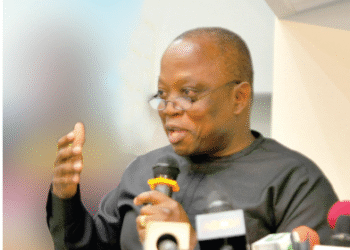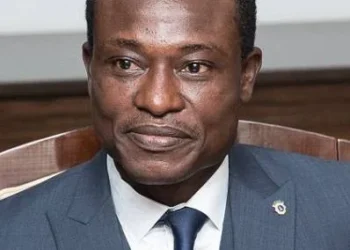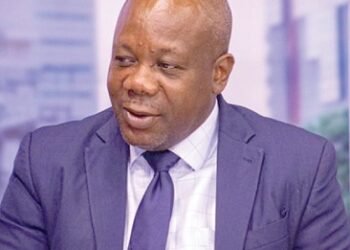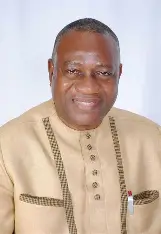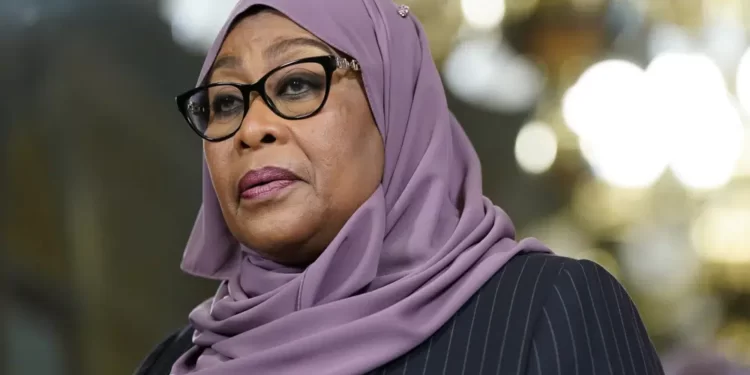In a recent statement regarding the ongoing strike by the Colleges of Education Teachers Association of Ghana (CETAG) Dr. Cynthia Sena Kpeglo, Executive Secretary, Vice Chancellors Ghana has addressed concerns of the impact of this disruption on the academic calendar and student engagement.
She emphasized the urgency for negotiations to resolve the strike, especially as many universities are experiencing variations in their academic schedules.
Dr. Kpeglo opened her remarks by acknowledging the challenges posed by the CETAG strike, particularly as some universities are currently on vacation. “Some of the universities are already on vacation,” she noted, adding that “except those that are doing maybe their summer school, sandwich, and all those things.” This indicated that while some institutions may not have active classes, the potential for extending negotiations exists, aiming to facilitate a quicker resolution to allow schools to reopen.
She elaborated on the practicalities of managing a student body during a strike, highlighting that if schools are not actively in session, the stakeholders involved may lean towards extending the strike to seek a solution.
“If some schools do not have students in, then they may want to see if can stretch it a little to see if we can find solutions so that they can reopen school.”
Dr. Cynthia Sena Kpeglo Executive Secretary, Vice Chancellors Ghana
The Consequences of Extended Disruptions
Dr. Kpeglo expressed concern over the implications of a prolonged strike, particularly the impact on students’ educational experiences.
“But When school is actively in session and there’s a strike even after one week, the universities can shut down because you don’t want to keep full-blooded team of young men and women on campus doing nothing and just idling in the hall, the devil always finds work for the idle hands.”
Dr. Cynthia Sena Kpeglo Executive Secretary, Vice Chancellors Ghana
This reflected a recognition of the necessity for active engagement and learning for students, as idleness can lead to detrimental effects on their academic and personal development.
The registrar highlighted the urgency of negotiations, stating, “So we have a little respite or window to be able to do the negotiations quickly to see what can be done.” She pointed out that many institutions do not currently have their students fully in session, providing a critical window for dialogue among stakeholders.
Navigating the Academic Calendar Disruption
Dr. Kpeglo addressed the broader ramifications of the strike on the academic calendar. Traditionally, academic institutions in Ghana follow a specific schedule where schools typically reopen in August or September, leading into the second semester of the following year. However, due to recent disruptions, she noted, “it’s obvious that the academic calendar is not following the pattern.” She articulated the struggle universities face in attempting to “bridge the gap” created by these interruptions, stating, “Universities have been working very hard to make sure that we can bridge the gap. But with this new development, it means that we have just completely gone away.” The loss of structure and predictability in the academic calendar presents significant challenges to both faculty and students.
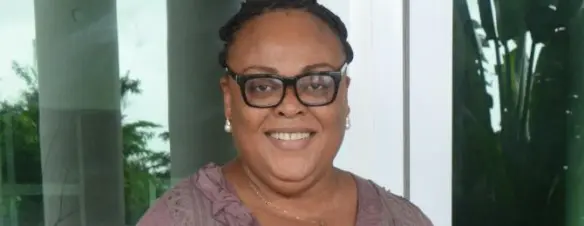
The Impact on Curriculum and Student Learning
Dr. Kpeglo further elaborated on the detrimental effects of the strike on curriculum delivery and student outcomes.
“Once the academic calendar is disrupted, it means that teaching and learning time is either less or that students don’t have the full complement of the number of weeks needed to complete a certain curriculum at a certain time.”
Dr. Cynthia Sena Kpeglo Executive Secretary, Vice Chancellors Ghana
This reduction in instructional time can lead to insufficient coverage of essential topics, ultimately impacting students’ preparedness for graduation.
Dr. Kpeglo also expressed concern for graduates who may not have the comprehensive education required due to these disruptions. “Most of the time, it may even be truncated,” she cautioned, which means that students could graduate without having engaged fully with their curriculum. “You get graduates graduating and they haven’t had the full complement of whatever they are studying,” she added, emphasizing the serious implications this holds for the quality of education in the country.”
Dr. Kpeglo reassured stakeholders of the commitment of the commitment to resolving the ongoing strike. “VCG is making the effort to make sure that we find some solution to this strike action,” she affirmed. This reflected a proactive approach toward negotiating a resolution that not only addresses the immediate concerns of CETAG but also considers the long-term implications for students and educational institutions. Dr. Cynthia Sena Kpeglo’s insights shed light on the multifaceted challenges presented by the CETAG strike. The urgency for negotiations, the potential impact on student education, and the need for solutions are paramount as stakeholders navigate this crisis. The commitment of university leaders to address these issues will be crucial in restoring normalcy and ensuring that the academic integrity of Ghana’s educational institutions is upheld.
READ ALSO; Sonnie Badu Announces Free Concert At Independence Square In November




